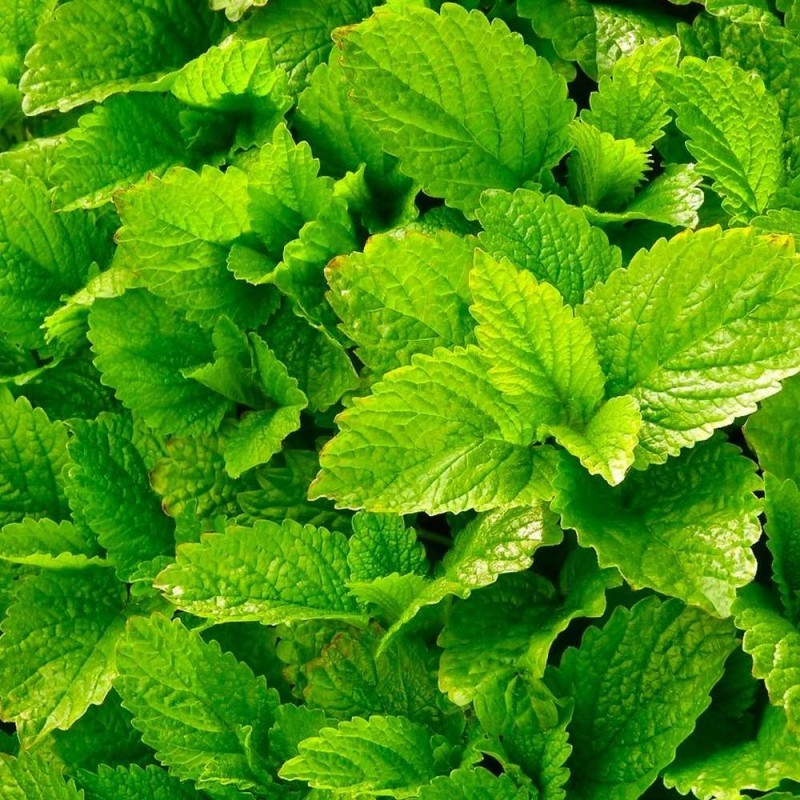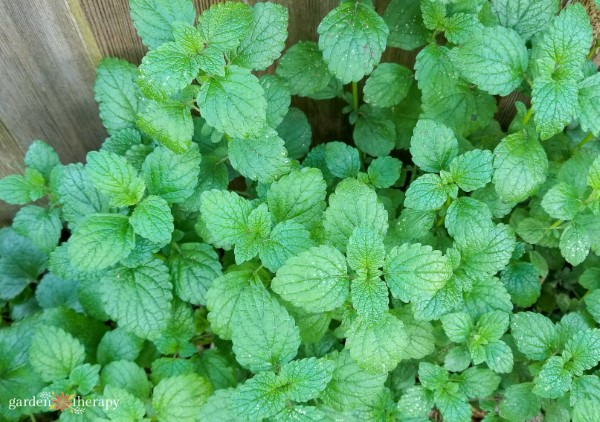
The volatile oils are used in aromatherapy for easing depression and calming nervous tension. Lemon Balm can also be used the same way other mints are, for upset stomach and gas. Externally, the herb is favored for treating insect bites and minor wounds. Lemon balm contains antihistamine properties useful for treating eczema and allergic reactions.

In addition, there have been studies done that have shown the herb to slightly inhibit the thyroid-stimulating hormone and restricts Graves disease, a hyperthyroid condition. Lemon Balm shows amazing antibacterial and anti-viral properties and has been proven to help combat mumps, cold sores (Herpes simplex) and other viruses.

Lemon Balm is an herb that can be given to children and the elderly because of its gentle nature and effectiveness.Īlthough it is gentle, it is also potent – made into a tea, it encourages sweating to help rid the body of toxins thus relieving such ailments as colds, flu, and fevers. Because it acts as a sedative, the leaves are also reputed to lower blood pressure. Some of its most famous uses are for fevers, depression, nervous tension, digestive aid, headaches, menstrual cramps, and heart spasms. Lemon Balm is notorious for successfully treating a wide variety of ailments. This herb is so well known to be an inhabitant in almost every garden, that I shall not need to give any description thereof, although the virtues thereof, which are many, should not be omitted. In Colonial times, lemon balm was used by housewives to add to salad, float in soups, chop in butter and as decorations for main dishes. A decoction of the leaves was said to be used as a mouthwash for aching teeth. The leaves steeped in wine and used as a compress have been said to be a potent remedy for scorpion stings. In fact, the other part of Lemon Balm’s name, officinalis, means “of the workshop”, alluding to the medieval apothecary shop. Because of its reputation to strengthen the heart and lift the spirits, it was an important ingredient in Medieval cordials, also known as “elixirs of youth”. It was so well known as a healing herb that even such royalty as King Charles V and the Prince of Glamorgan drank the tea every day. To this day, it is used for the treatment of depression, anxiety, and insomnia.Īnother famous physician, Paracelsus, claimed that the herb could revitalize every part of the body and even had a preparation named primum ens melissae. Early herbalists, such as Avicenna, coined the term “it makes the heart merry” which it continues to do throughout history. Melissa even comes from the Greek word for “honey bee”, and was rubbed on beehives to encourage bees to stay together and attract more. In addition, its powerful volatile oil is a key element in aromatherapy, including many perfumes and cosmetics.Ī member of the mint family, Lemon Balm is a fragrant herb adored by bees that have a recorded use dating back thousands of years.

Not only does Melissa offer medicinal benefits, but also makes a delicious tea, is an excellent flavoring for food and salads. It has been mentioned and used since the earliest recorded history of herbal healing, from depression to colds. Just the mere thought of its uplifting aroma and cleansing taste brings happiness and ease to the mind and spirit.

Balm is sovereign for the brain, strengthening the memory and powerfully chasing away melancholy – John Evelyn, 1679.


 0 kommentar(er)
0 kommentar(er)
